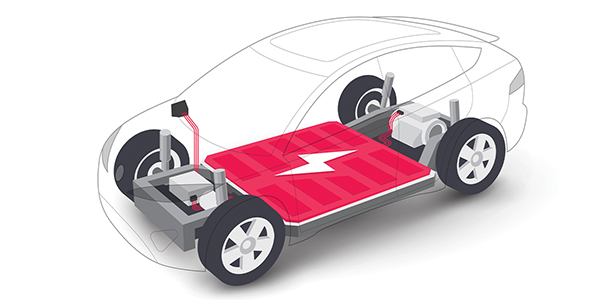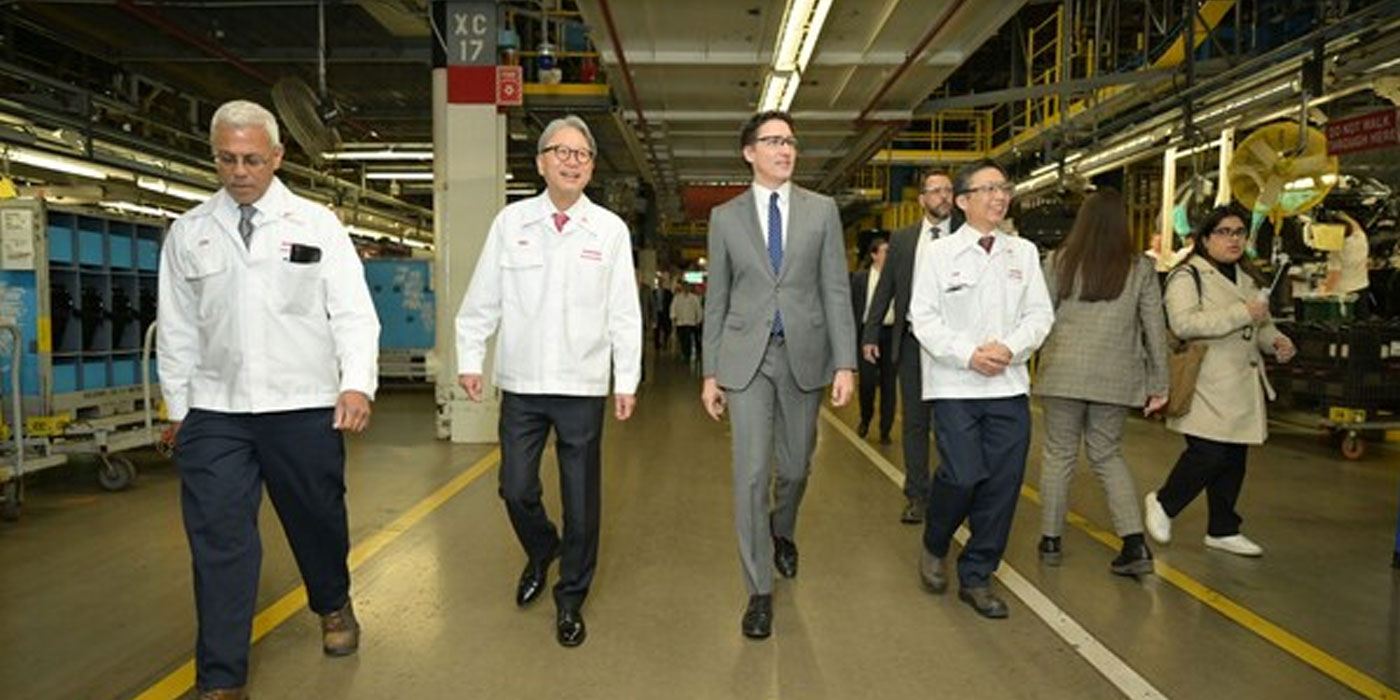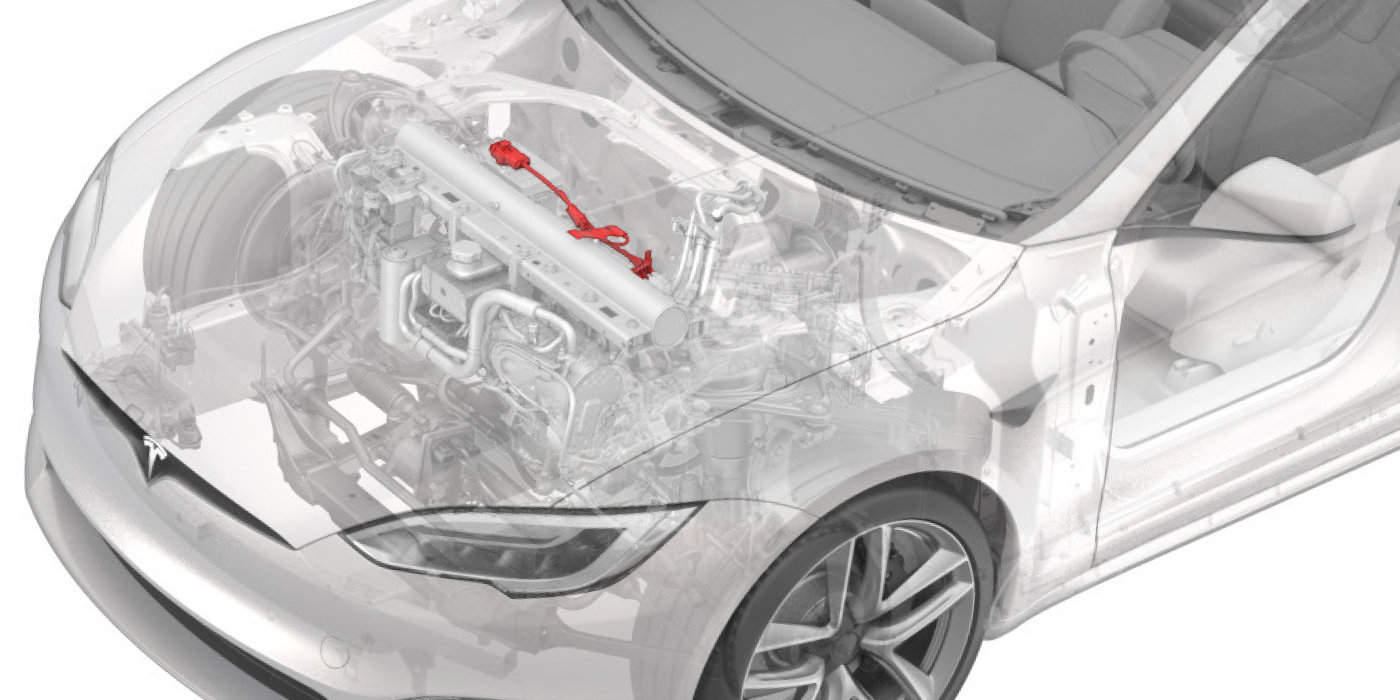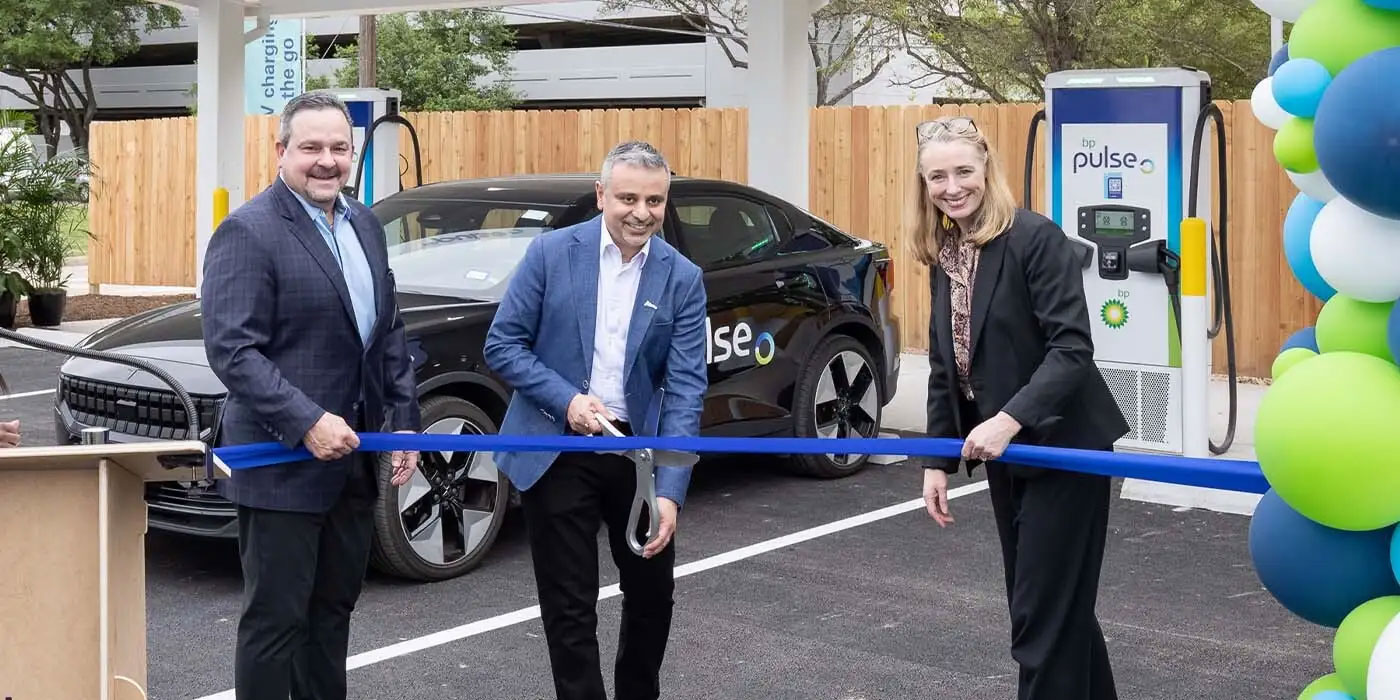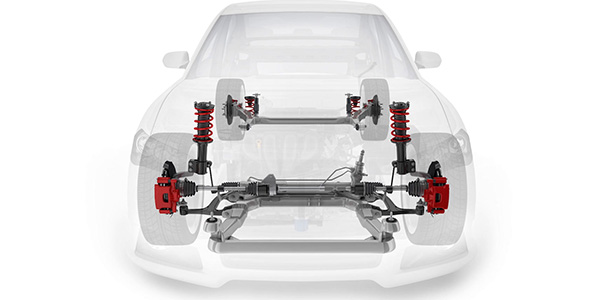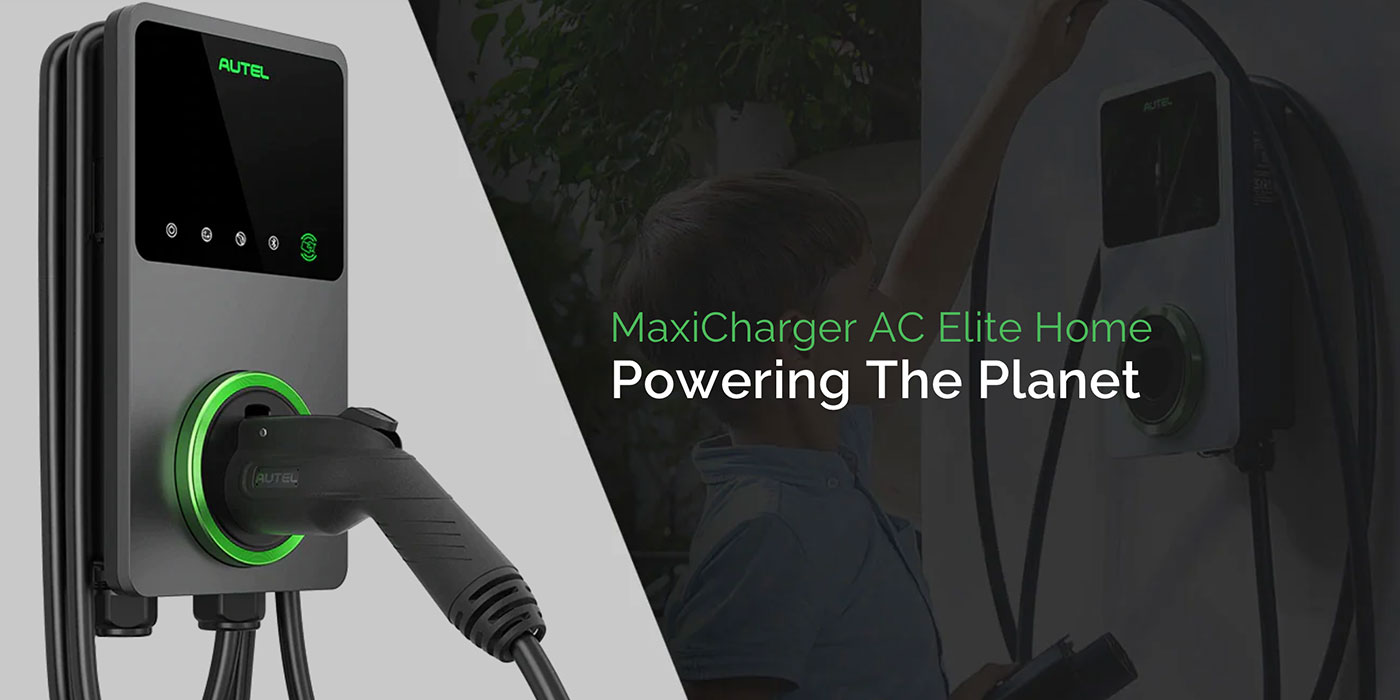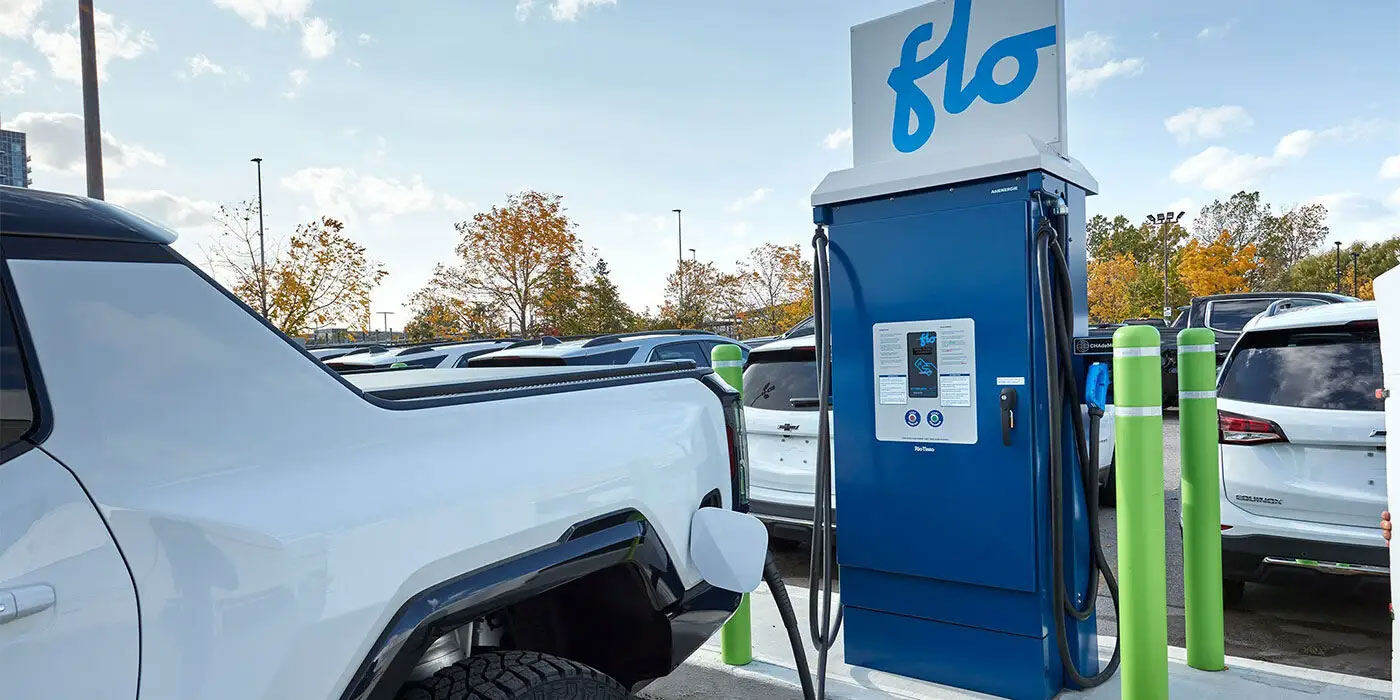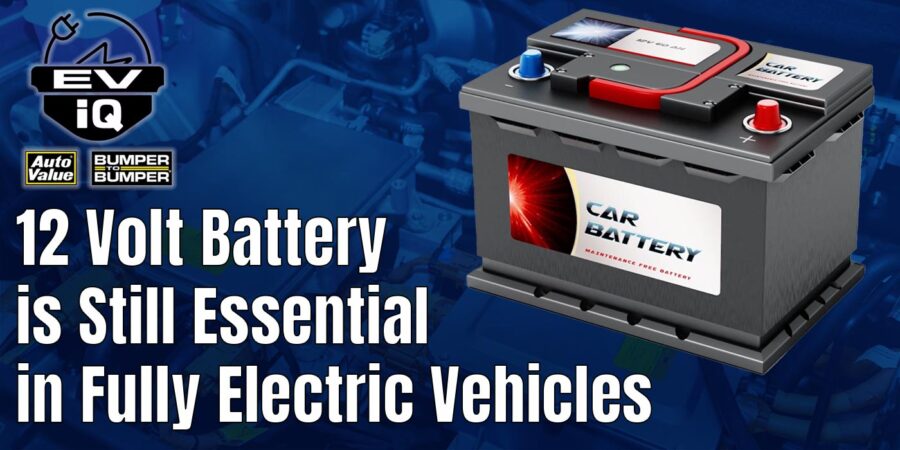The 2024 Global Automotive Consumer Study by Deloitte revealed shifting trends in the automotive sector, highlighting the rise in U.S. consumer interest in internal combustion engine (ICE) vehicles and a decline in hybrid and battery electric vehicle (BEV) purchase intent. The report showed a 9 percentage point increase in ICE vehicle purchase intent, reaching 67%, while interest in hybrids and BEVs has dropped to 21% and 6%, respectively, the company said.
Affordability remains a primary concern for U.S. consumers, with a majority expecting to pay less than $50,000 for their next vehicle. Price is the top factor in vehicle brand selection for 59% of U.S. consumers surveyed. Additionally, over half (51%) of U.S. consumers are considering switching vehicle brands, driven by desires for something different, affordability and access to new features. Only 25% of U.S. consumers are willing to pay extra for connected vehicle services, the report found.
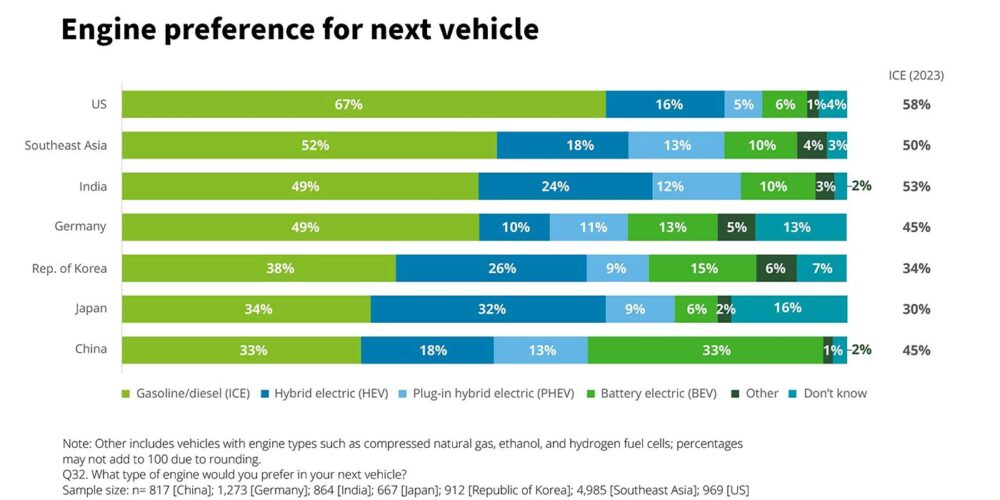
The study also highlighted the consideration among 28% of U.S. consumers aged 18-34 to shift from traditional vehicle ownership to a subscription service model, driven by economic concerns and transportation expenses.
Globally, consumer interest in ICE vehicles has also increased in markets like Germany, Japan and the Republic of Korea. In contrast, China shows the highest preference for BEVs, while Japan leads in hybrid electric vehicle interest.
Charging time has emerged as the primary concern for EV adoption in several countries, including the U.S., Japan, and the Republic of Korea, surpassing driving range concerns in Germany. The report indicates that reducing fuel costs is a major reason for choosing EVs in several regions, except in India, where environmental concerns prevail.
About half of the non-BEV intenders in the U.S. expect a driving range of at least 400 miles for a fully charged BEV. Concerns about the environmental impact of EV batteries are significant, especially in India, Southeast Asia and the Republic of Korea. Consumers worldwide prefer various stakeholders, including car manufacturers, battery recyclers and battery manufacturers, to collaborate on battery recycling solutions.
The report found that payment methods for public EV charging are evolving, with a preference for credit/debit card payments rising in the U.S. and the Republic of Korea, while smartphone app payments are declining in China and India.
The report highlighted that, despite changing consumer behaviors, price, performance and quality remain key drivers in vehicle purchase decisions globally. Brand loyalty is also influenced by the desire to try new brands and access to innovative features.
Take a look at the full report here.

